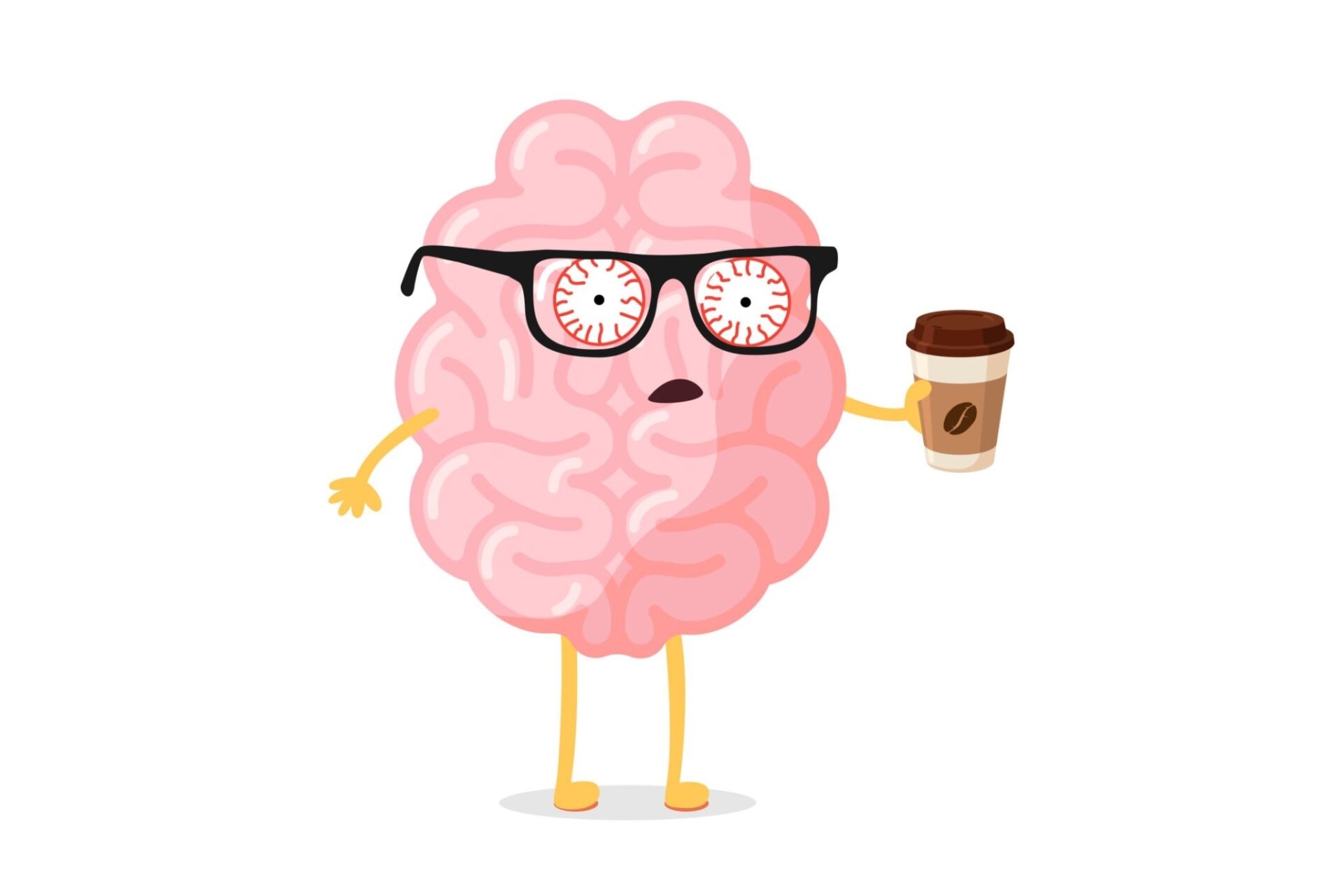The Power of Sleep: Understanding the Importance of Sleep for Physical and Mental Health
Why is Sleep Important for Physical Health?

Sleep is essential for maintaining physical health as it provides the body with the opportunity to recharge and repair itself.
When we sleep, our bodies produce hormones that promote tissue growth and repair.
This is particularly important for athletes and those who engage in regular physical activity, as it helps to reduce the risk of injury and improve performance.
Sleep and Heart Health
Sleep also plays a crucial role in maintaining heart health. Studies have shown that people who get less than 7 hours of sleep per night have a higher risk of developing cardiovascular disease.
This is because sleep deprivation can lead to an increase in stress hormones, which can raise blood pressure and cause inflammation in the body.
In contrast, adequate sleep helps to reduce these risk factors and promotes a healthy heart.
Sleep and Immune System
Sleep is also crucial for maintaining a healthy immune system. During sleep, the body produces cytokines, which are proteins that help to fight off infection and inflammation.
This means that getting enough sleep can help you to stay healthy and reduce the risk of illness.
Why is Sleep Important for Mental Health?

In addition to its physical health benefits, sleep is also essential for maintaining good mental health.
Lack of sleep has been linked to a range of mental health problems, including depression, anxiety, and stress.
On the other hand, adequate sleep can help to reduce the risk of these problems and improve overall mental well-being.
Sleep and Mood
Studies have shown that people who get enough sleep are more likely to feel upbeat.
This is because sleep helps to regulate our mood and improve our emotional state.
In contrast, lack of sleep can lead to feelings of irritability, frustration, and sadness.
Sleep and Memory
Sleep is also crucial for memory and cognitive function. During sleep, the brain processes and consolidates information from the day, making it easier to remember and recall important information.
This is why getting enough sleep is so important for students, professionals, and anyone who needs to be mentally sharp.
Tips for Getting Better Sleep

Getting enough sleep can be a challenge, but there are some simple steps that you can take to improve the quality of your sleep and promote good health.
Stick to a Routine
Try to establish a sleep routine by going to bed and waking up at the same time each day.
This will help to regulate your body clock and improve the quality of your sleep.
Create a Sleep-Friendly Environment
Make sure that your bedroom is conducive to sleep. Keep the room cool, dark, and quiet, and avoid exposing yourself to bright screens (such as phones, laptops, or televisions) before bedtime.
Exercise Regularly
Regular exercise can help to improve the quality of your sleep.
Just be sure to finish your workout a few hours before bedtime, as exercising too close to bedtime can interfere with sleep.
Limit Caffeine and Alcohol
Caffeine and alcohol can interfere with sleep, so try to limit your consumption of these substances.
If possible, avoid consuming caffeine after lunchtime, and limit alcohol consumption to earlier in the day.
Conclusion
Sleep is essential for physical and mental health, and getting enough sleep each night can help you to stay healthy and happy.
By following these tips, you can improve the quality of your sleep and reap the many benefits of a good night’s rest.
